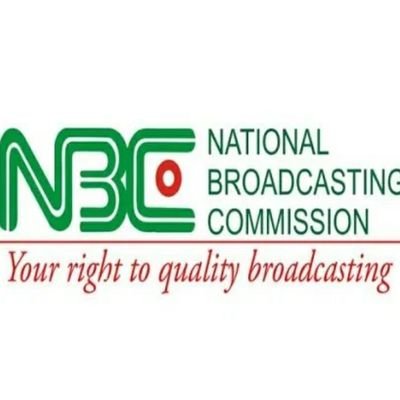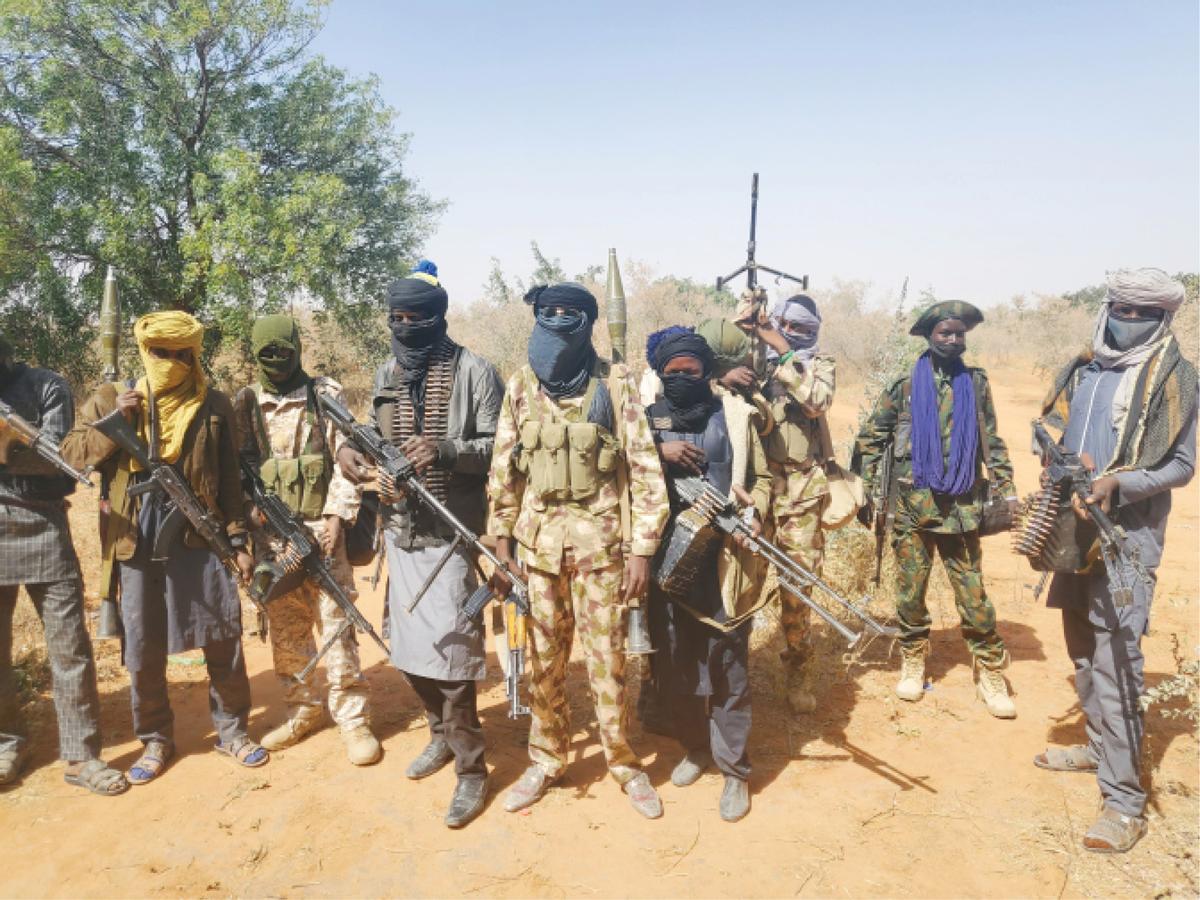URGING RESTRAINT DOES NOT AMOUNT TO MUZZLING THE MEDIA:
WHY NBC MUST NOT BE DISTRACTED
By Godsgift Onyedinefu
This is no time to unnecessarily conflate issues that border on national security. There is a huge difference between sanitizing media operations and muzzling the media. The two are not the same, except we want to play games. In a fragile polity like ours that is dangerously hanging on the precipice, there is a moral imperative on the part of government or its regulatory agencies to rein in on the indiscretions of media practice. Doing so does not in any conceivable way translate to ‘muzzling the media’. The Rwandan experience is a perfect reference to what happens when government abdicates its responsibility of regulating media, especially, broadcast media operations. We cannot be tired of citing the Rwandan example because it provides a veritable template for crisis of unmitigated proportion.
The fact really is that the Nigerian media space (including emerging media domain) is replete with indiscretions that threaten or capable of threatening its own operations as well as the unity, peace and security of Nigeria. That is the reality and we owe it to ourselves to tell ourselves the hard truth and not hide under the populist declarations to conflate issues.
One of such attempt at conflating issues and misrepresenting these known facts was the frivolous assertions contained in an article by one Ademola Orunbon published in Vanguard Newspapers of 7th September 2021 captioned “Muzzling Media Freedom in a Democracy” wherein he argued that President Buhari is plotting to muzzle the press in a democracy. His arguments are flawed to the point of inconsequentiality, and I will show you why.
Recklessness in the media space is certainly undeniable. Nigerians are not unmindful how the use of fake news had adversely affected the peace and unity of this country. For example, 101 cases of fake news on #EndSARS protest was identified by a credible media platform, PRNigeria which were shared and disseminated on various social media platforms including the American CNN. It is on record that CNN admitted to this act. Many people that fell victim to that protest would have been alive today if not for ignoble activities of purveyors of fake news.
It is common knowledge that Nigeria’s media industry is full of quacks made possible by the advent of technology. Although technological development is good but the ugly side is that almost everybody has become information disseminator simply by holding a phone, laptop or tablet. In spite of this revolution, the broadcast industry in Nigeria must never be thrown to the dogs. Broadcast spectrum is a different ball game considering its reach, impact and influence on the audience, a reason government all over the world pay special attention to what is aired in its domain.
Read Also:
It is quite unfortunate that those that choose to criticize the NBC do so out of ignorance or sheer malice and not out of conviction that the Commission had gone beyond its mandate of regulating the broadcast media. Every holder of a radio or television license definitely signed an undertaking to abide by the code of ethics and practice of the broadcast industry. And the NBC as the regulator has the right to wield the big stick anytime it notices any infraction to the rules. There should be no exception at all. Other regulators do the same. For instance, nobody talks when the Central Bank of Nigeria, CBN, sanctions any bank or financial institution. So why the fuss anytime the NBC decides to carry out its statutory mandate in the broadcast industry?
Sanctioning erring media houses for unprofessional conduct therefore is in line with the NBC act and should not be a matter for public debate as the provisions of the law guiding the operations of the NBC are clear and unambiguous. It is a different thing to say the commission acted illegally. But so far, no such allegation has been made. Allowing the media to go unchecked, unregulated would definitely lead to anarchy and breakdown of law and order.
For example, the recent comments by the Benue state Governor, Dr Samuel Ortom when he featured on the Channels television is indeed capable of tearing this country apart. His statement that President Buhari wants to “Fulanise” Nigeria is indeed capable of further dividing this country along ethnic and religious lines. As a leader, Governor Ortom and indeed any other state chief executive should weigh the implication of their utterances before making them. The tension across the country arising from insecurity and other acts of criminality is so high that we should all do our best at all times not to escalate the already charged atmosphere. We cannot afford to set the country ablaze. Therefore, caution must be the watchword.
I would not conclude this piece without acknowledging the reforms the NBC is making to open up the broadcast space particularly through digitization of the broadcast industry. In all fairness the commission has done well in driving digital switch-over (DSO) process, which basically entails migrating broadcasting from analogue to digital. Under the superintendence of the NBC, Nigeria is set to become the first country in the continent to transit from analogue to free digital TV, and with it comes great benefits. I do not think that an agency of government intent on muscling the media will be so passionate to implement this project.
The move towards digital broadcasting has been a long one. In the past the country has set a number of targets for digital migration that have been missed. However, there has been significant progress in the latest effort to implement digital broadcasting, especially since the federal Executive Council (FEC) made a payment approval in February this year.
As was noted by the Minister of Information and Culture, Lai Mohammed, DSO will yield $1.1 billion for Nigeria once completed and could create over one million jobs in the next three years. He equally stated that as part of the Federal Government’s efforts to maximize the opportunities inherent in the process, it reviewed the Broadcast Code to broaden the space, protect local jobs and production. These are not the kind of actions an agency of government hellbent on stifling or muzzling the media.
Ms Godsgift Onyedinefu is journalist based in Abuja.




